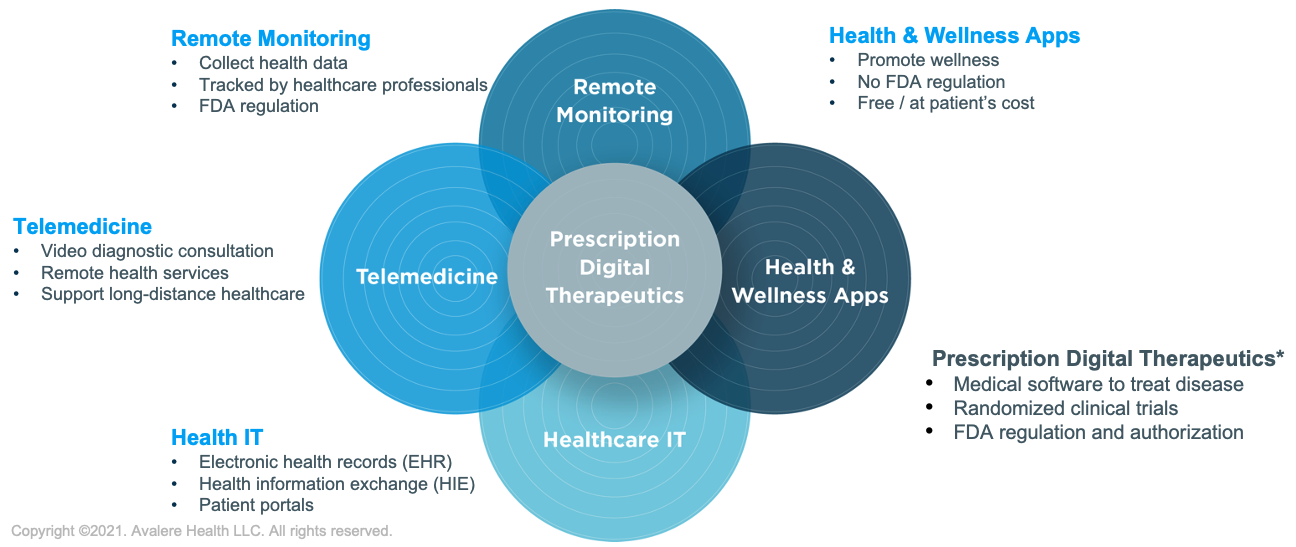
Digital therapeutics is a rapidly evolving field that holds the promise of revolutionizing healthcare through the integration of technology into treatment approaches. This innovative approach utilizes digital technologies to manage, treat, and prevent a variety of medical conditions, complementing or even replacing traditional pharmaceutical interventions. As we delve into the realm of digital therapeutics, we discover the transformative impact it has on healthcare systems worldwide.
Defining Digital Therapeutics: A New Paradigm in Healthcare
Digital therapeutics encompass a broad spectrum of interventions, ranging from mobile apps and wearable devices to software programs designed to address specific health concerns. Unlike traditional pharmaceuticals, these digital interventions often leverage cognitive behavioral therapy, mindfulness techniques, and other behavioral science principles to achieve therapeutic outcomes. The focus is on providing personalized, data-driven solutions that empower individuals to take an active role in their healthcare.
Targeting Chronic Conditions: The Power of Personalization
One of the key strengths of digital therapeutics lies in its ability to cater to individual needs, especially in managing chronic conditions. Tailored interventions based on patient data, behavior, and preferences enable a more precise and effective approach to treatment. For example, diabetes management apps can offer real-time glucose monitoring, personalized dietary advice, and motivational support, significantly improving patient outcomes and quality of life.
Accessibility and Affordability: Bridging Healthcare Gaps
Digital therapeutics have the potential to bridge gaps in healthcare accessibility and affordability. With the increasing ubiquity of smartphones and wearable devices, patients can access therapeutic interventions from the comfort of their homes. This democratization of healthcare empowers individuals who may face barriers to traditional forms of treatment, whether due to geographical constraints or financial limitations.
Data-Driven Insights: Informing Healthcare Decision-Making
The utilization of data analytics in digital therapeutics generates valuable insights for both patients and healthcare providers. Continuous monitoring and analysis of patient data allow for more informed decision-making, enabling timely adjustments to treatment plans. This data-driven approach not only enhances the effectiveness of interventions but also contributes to a more proactive and preventive healthcare model.
Regulatory Landscape: Navigating Challenges and Opportunities
As the field of digital therapeutics rapidly advances, navigating the regulatory landscape becomes crucial. Regulatory bodies around the world are adapting to accommodate these innovative interventions, outlining guidelines for safety, efficacy, and data privacy. Collaborative efforts between healthcare stakeholders, technology developers, and regulatory authorities are essential to establish a framework that ensures the responsible and ethical implementation of digital therapeutics.
Digital Therapeutics in Action: Transforming Lives
To witness the transformative impact of digital therapeutics, one need only look at real-world examples. Patients managing chronic pain, mental health conditions, or respiratory disorders have reported significant improvements in their well-being through the consistent use of digital interventions. These success stories underscore the potential of digital therapeutics to revolutionize the way we approach healthcare.
Embracing the Future: Integrating Digital Therapeutics into Mainstream Medicine
As digital therapeutics continue to prove their efficacy and gain acceptance, the integration of these interventions into mainstream medicine becomes inevitable. Healthcare providers, insurers, and policymakers play pivotal roles in facilitating this integration by fostering collaboration, supporting research, and ensuring widespread access. The future of healthcare lies in a harmonious blend of traditional medical practices and innovative digital solutions.
In conclusion, digital therapeutics stand at the forefront of a healthcare revolution, offering personalized, accessible, and data-driven solutions to improve patient outcomes. As we embrace the potential of these digital interventions, it is crucial to navigate regulatory challenges, promote inclusivity, and foster collaboration to ensure that the benefits of digital therapeutics reach individuals across diverse demographics. The journey towards a digitally enhanced healthcare landscape is underway, and the possibilities are both exciting and transformative.
For more information on digital therapeutics, visit Centrum Zdraví.

